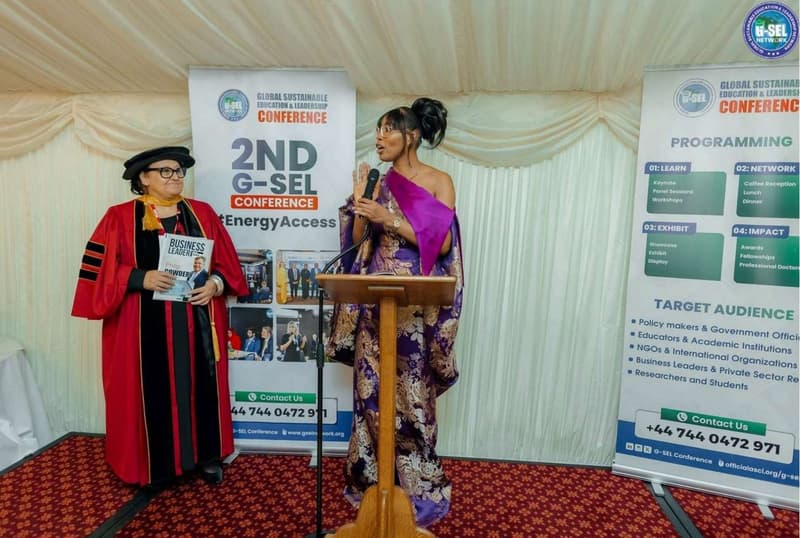
In an era marked by technological advancements and global connectivity, the world faces an array of challenges that demand our collective attention and action. From environmental crises to socio-economic disparities, identifying and addressing the biggest problems in the world is crucial for a sustainable future. In this comprehensive exploration, we will delve into the key issues that plague our planet, shedding light on the urgent need for global cooperation and innovative solutions.
Climate change: a global menace
At the forefront of the world’s most pressing issues is climate change, a phenomenon with far-reaching consequences for our planet. Rising temperatures, extreme weather events, and melting ice caps are clear indicators of an impending environmental crisis. To combat this, sustainable practices, renewable energy sources, and international cooperation are imperative. Addressing climate change is not only an environmental necessity but also a moral responsibility for the well-being of future generations.
Renewable energy solutions
Incorporating renewable energy sources, such as solar and wind power, is pivotal in the fight against climate change. Governments, businesses, and individuals must invest in and adopt clean energy technologies to reduce carbon emissions and mitigate the impact of climate change.
Global poverty and economic inequality
While some regions flourish economically, others grapple with poverty and extreme inequality. The gap between the rich and the poor continues to widen, creating social unrest and hindering the overall progress of societies. Tackling global poverty requires comprehensive strategies that encompass education, healthcare, and sustainable economic development.
Microfinance initiatives
Microfinance initiatives empower individuals in impoverished communities by providing small loans to start businesses. This approach has proven successful in fostering entrepreneurship and lifting people out of poverty, contributing to a more equitable distribution of resources.
Access to quality education
Education is a fundamental right, yet millions of children around the world lack access to quality schooling. This issue perpetuates cycles of poverty and limits the potential for social and economic advancement. Bridging the education gap requires international collaboration and a commitment to providing resources for schools in underserved communities.
Digital divide
The digital divide exacerbates educational disparities, with many students lacking access to essential technology for remote learning. Closing this gap involves providing technology infrastructure, internet connectivity, and digital literacy programs to ensure equal access to education for all.
Healthcare disparities
Disparities in healthcare persist globally, with millions lacking access to basic medical services. Addressing this issue necessitates a comprehensive approach that includes strengthening healthcare infrastructure, increasing medical personnel, and prioritizing preventative care.
Global vaccine equity
The COVID-19 pandemic highlighted the need for global vaccine equity. Ensuring that vaccines are accessible to all, regardless of socio-economic status or geographical location, is crucial for overcoming public health challenges and preventing the spread of infectious diseases.
Political instability and conflict
Political instability and armed conflicts disrupt the lives of millions, leading to displacement, economic decline, and humanitarian crises. Promoting diplomacy, conflict resolution, and fostering international cooperation are essential for building lasting peace and stability.
Human rights advocacy
Advocating for human rights on a global scale is key to addressing the root causes of political instability. Supporting organizations and movements that champion human rights ensures that governments are held accountable for their actions and promotes a more just and stable world.
In confronting the biggest problems in the world, it is evident that a collective effort is required. Whether it be combatting climate change, eradicating poverty, ensuring access to education and healthcare, or promoting peace, the solutions lie in international cooperation, innovation, and a commitment to creating a better world for present and future generations. By addressing these challenges head-on, we can pave the way for a more sustainable, equitable, and harmonious global society.


